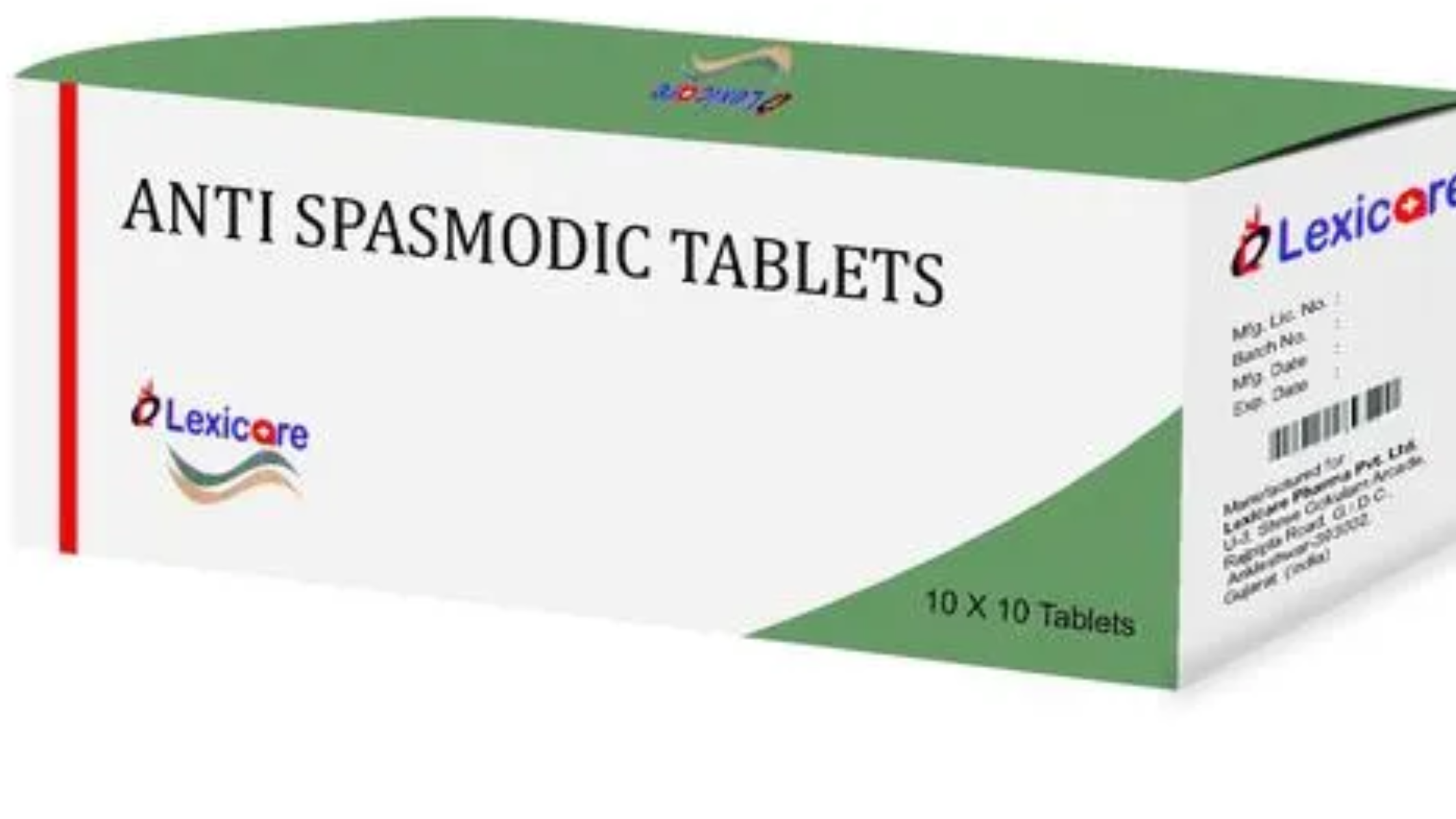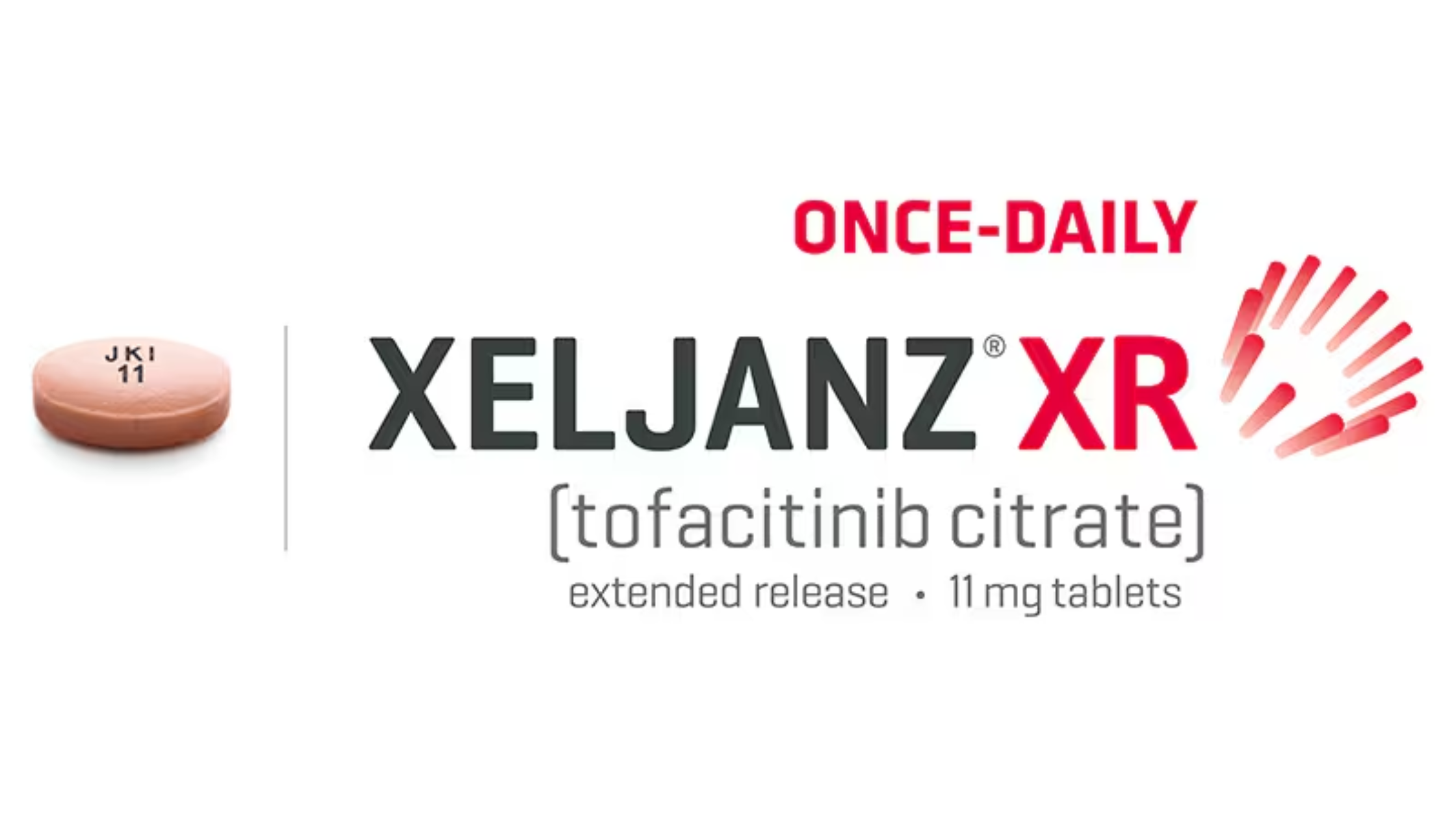Last updated on August 13th, 2024 at 10:45 am
Are you looking for effective antispasmodic medication for stomach pain? In this guide, you will discover top solutions, uses, side effects, and how they bring relief. Let’s dive in!
Experiencing stomach pain is something that you have dealt with at some point, and finding effective relief can be a daunting task. Antispasmodic medications are often recommended for those who suffer from stomach cramps, irritable bowel syndrome (IBS), and other gastrointestinal disorders.
In this comprehensive guide, I’ll walk you through everything you need to know about antispasmodic medications for the stomach, from their uses to potential side effects, and how they can provide the relief you need.
What are Antispasmodic Medications?
Antispasmodic medications are drugs designed to relieve muscle spasms in your gastrointestinal tract. These spasms can cause you intense pain, discomfort, and other digestive issues. By relaxing the smooth muscles of your gut, these medications help alleviate the symptoms associated with conditions like IBS, diverticulitis, and other functional bowel disorders.
Common Types of Antispasmodic Medications for Your Stomach
There are several types of antispasmodic medications commonly used to treat stomach issues. Let’s take a closer look at some of the most popular ones:
- Hyoscine Butylbromide (Buscopan): This medication is widely used for its ability to relieve stomach cramps and spasms. It works by blocking the action of acetylcholine, a neurotransmitter that causes muscle contractions.
- Dicyclomine (Bentyl): Dicyclomine is often prescribed for IBS as it helps to relax the gut muscles and reduce the symptoms of stomach pain and cramping.
- Mebeverine (Colofac): Mebeverine is another antispasmodic used to treat IBS and other gastrointestinal disorders. It works by directly relaxing the muscles in the gut, providing relief from pain and discomfort.
- Peppermint Oil: While not a prescription medication, peppermint oil is known for its antispasmodic properties and is often recommended for managing IBS symptoms.
How Do Antispasmodic Medication For Stomach Work?
Antispasmodic medications work by targeting the smooth muscles of your gastrointestinal tract. These muscles are responsible for the involuntary movements that propel food through the digestive system. When these muscles contract too forcefully or erratically, it leads to painful spasms and cramps.
By relaxing these muscles, antispasmodic medications help to reduce the frequency and intensity of these spasms, providing significant relief from pain and discomfort. They can also help to regulate bowel movements and reduce other symptoms associated with gastrointestinal disorders.
Uses of Antispasmodic Medications for Stomach
Antispasmodic medications are used to treat a variety of conditions that cause stomach pain and discomfort. Some of the most common uses include:
- Irritable Bowel Syndrome (IBS): One of the most common gastrointestinal disorders, IBS affects millions of people worldwide. Symptoms include stomach cramps, bloating, gas, diarrhea, and constipation. Antispasmodics can help manage these symptoms by relaxing the gut muscles.
- Diverticulitis: This condition involves the inflammation of small pouches (diverticula) in the colon. It can cause severe stomach pain, fever, and digestive issues. Antispasmodics can help alleviate the pain and improve bowel function.
- Menstrual Cramps: While primarily associated with the reproductive system, menstrual cramps can also affect the gastrointestinal tract. Antispasmodic medications can provide relief from these cramps by relaxing the smooth muscles.
- Gastroenteritis: Also known as the stomach flu, gastroenteritis causes inflammation of the stomach and intestines, leading to stomach pain, vomiting, and diarrhea. Antispasmodics can help reduce the intensity of these symptoms.
Potential Side Effects of Antispasmodic Medications
While antispasmodic medications can be highly effective, they are not without potential side effects. It’s important to be aware of these side effects and discuss them with your healthcare provider before starting any new medication. Some common side effects may include:
- Dry Mouth: This is a common side effect of many antispasmodics. Staying hydrated and chewing sugar-free gum can help alleviate this symptom.
- Drowsiness: Some antispasmodics can cause drowsiness, which may affect your ability to drive or operate machinery. It’s important to understand how your body reacts to the medication before engaging in such activities.
- Constipation: While antispasmodics can help regulate bowel movements, they can also cause constipation in some individuals. Increasing fiber intake and staying hydrated can help mitigate this effect.
- Blurred Vision: Certain antispasmodics can affect your vision, causing it to become temporarily blurred. If you experience this side effect, contact your healthcare provider.
Natural Alternatives to Antispasmodic Medications
In addition to prescription and over-the-counter antispasmodic medications, there are several natural alternatives that can help manage stomach pain and discomfort:
- Peppermint Tea: Known for its soothing properties, peppermint tea can help relax the muscles in the gastrointestinal tract and reduce symptoms of IBS and other digestive issues.
- Ginger: Ginger has long been used to treat stomach problems. It can help reduce nausea, vomiting, and stomach cramps.
- Chamomile Tea: Chamomile is another herb known for its calming effects. Drinking chamomile tea can help relax the stomach muscles and ease digestive discomfort.
- Probiotics: Maintaining a healthy balance of gut bacteria is crucial for digestive health. Probiotics can help improve gut function and reduce symptoms of IBS and other gastrointestinal disorders.
When to See your Doctor
While antispasmodic medications and natural remedies can provide relief from stomach pain, it’s important to know when to seek medical advice. You should see a doctor if you experience:
- Severe or persistent stomach pain that does not improve with medication
- Blood in your stool or vomit
- Unexplained weight loss
- Difficulty swallowing
- Persistent nausea or vomiting
These symptoms could indicate a more serious underlying condition that requires medical attention.
In Summary
Antispasmodic medications for the stomach can be a valuable tool in managing pain and discomfort associated with gastrointestinal disorders. By understanding how these medications work, their uses, and potential side effects, you can make informed decisions about your treatment options. Whether you choose prescription medications, over-the-counter options, or natural remedies, it’s important to find the solution that works best for you. Always consult with your healthcare provider before starting any new medication or treatment plan to ensure it’s safe and appropriate for your specific needs.
Incorporating antispasmodic medications into your routine can significantly improve your quality of life by reducing stomach pain and allowing you to enjoy daily activities without discomfort. So, take the first step towards relief and talk to your doctor about the best antispasmodic medication for your stomach today. For more tips of managing health, visit The Antidote.




